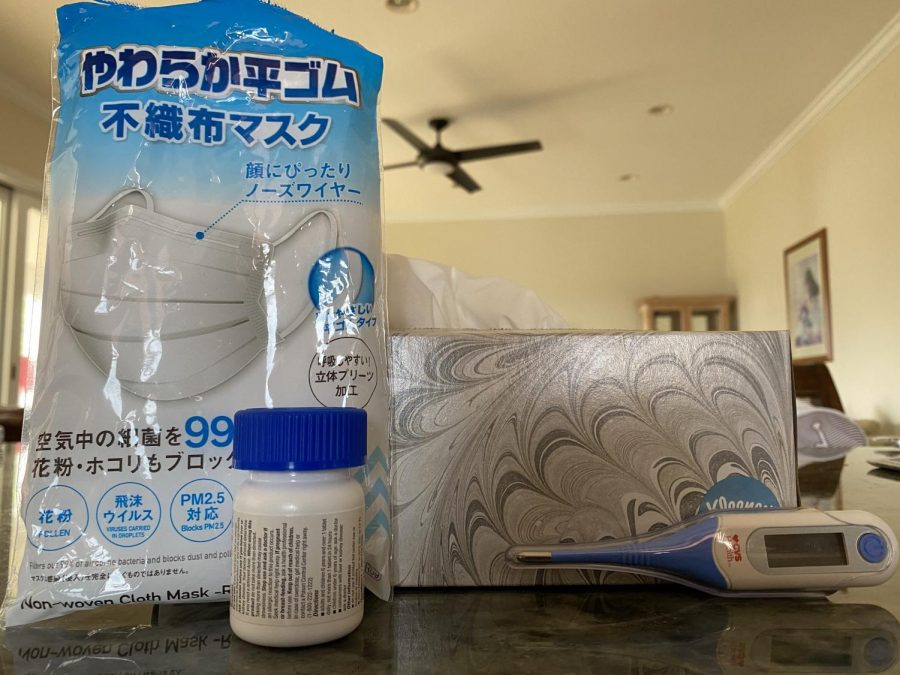Coronavirus: Is Hawaii Prepared
Angelique Mara, a student at Chaminade majoring in Nursing, is concerned about the worldwide spread of coronavirus and knows that even with the screening of passengers and creating quarantine stations, there is still a chance of the virus making its way to the public. At the moment, as long as she is up to date with her vaccines, she isn’t worried.
“My great aunty from China offered us Chinese herbal medicine for the coronavirus,” Mara said. “But I kindly turned it down.”
“There’s no definite way to say we’re 100 percent safe of being prevented from exposure,” Mara said. “There’s no way we can be sure that the quarantine stations will do its job for sure.”
As of Friday, there has been a total 76,288 confirmed cases of the recent coronavirus, which is officially known as Covid-19, according to the Washington Post. With President Donald Trump declaring the virus a public health emergency and temporary banning flights from China to the U.S. But here in Hawaii, it seems most people’s reactions have been pretty muted to a crisis that has made daily headlines worldwide.
At the time of this post, there are currently no cases of the coronavirus identified in Hawaii.
However, a Japanese man in his 60s tested positive for the virus just after returning from a trip to Hawaii. Health officials said that he visited Maui from Jan. 28 through Feb. 3 and showed no symptoms during his stay. The officials believe that the man had contracted the virus either before he visited Hawaii or on his way from Japan.
Elijah Mori, a 20-year-old Kaneohe native, said that he is worried about the virus but not where he is consistently thinking about it, he went on to say that he hasn’t added any precautions to his daily hygiene regiment (washing your hands, covering your cough).
“I am aware of big the situation is,” Mori said. “As long I do what I’m doing now [and am] up to date with all my shots, I should be fine.”
The Hawaii Department Of Health instructed people to keep informed of the situation and take preventive measures to prevent the spread of the coronavirus. Some of the everyday actions you can take include: staying at home when you are sick, washing your hands often, covering your cough or sneeze, and staying away from others when you are ill.
Although there have been air travel bans, the Daniel K. Inouye International Airport is one of seven airports that are accepting Americans who have recently been to China due to rerouting.
Hawaii’s Lt. Gov. Joshua Green said that the decision to accept flights was forced on the state by the federal government. Green went on to say that Hawaii is ready.
“We will be prepared,” Green said, according to KITV.com. “We will be spending 24/7 on this to make sure that whatever steps are necessary to be taken, to keep out people safe, we will do.”
Although Green’s statement was reassuring the public, there are those who are still skeptical about Hawaii accepting flights from China.
Angelique Mara, the nursing major, is concerned about it but understands how those coming back to the United States feel.
“These people don’t want to be conformed within China and trapped there,” Mara said. “However, that’s still placing us under the risk of being exposed.”
Since the outbreak, many news sites and other forms of media have been covering the situation 24/7.
Marianna Oka, a student Chaminade double majoring in Environmental Studies and Environmental Science, is grateful knowing that there is daily coverage of the outbreak.
“It’s better to cover it daily because there’s no cure for the coronavirus yet,” Oka said. “It’s better to know what’s happening and where it is.”
